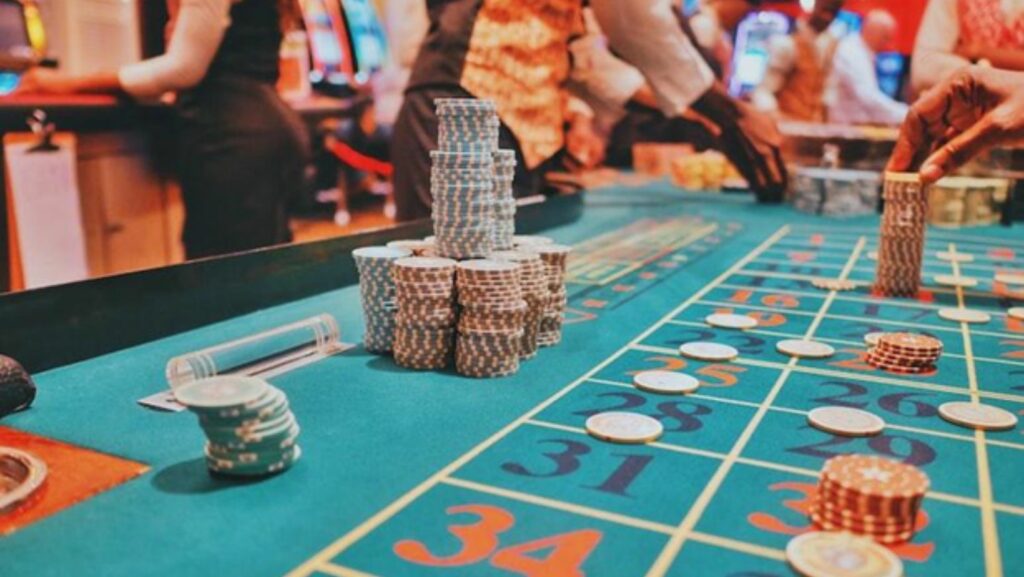South Africa is one of the most diverse and culturally rich countries in the world. It’s no surprise that gambling has a long history there, going all the way back to pre-colonial times. During most of the country’s history, gambling was banned, but now South Africans can enjoy the convenience of online casinos like Zodiac Casino exclusive as well as traditional land casinos and lotteries. So what is the history behind that?
First Gambling Games
Before the arrival of European settlers in South Africa, indigenous people used to play games that were similar to gambling. The games were played for fun and entertainment. For example, when you look at traditional African games like mancala, it is easy to see how this could be considered a form of gambling as players move objects around on a board, trying to capture points or territory.
Official Restrictions
The first official gambling policy was introduced in 1673 by the Dutch colonial government. It was a response to the social and economic impact of the activity but also a way to place more restrictions on the local population. In 1965, the South African government passed legislation allowing local authorities to license betting on horse racing but prohibiting other forms of gambling. This law was repealed in 1996 and replaced with another piece of legislation that allowed for more game types in South Africa.

Gambling was mostly illegal in South Africa until 1996, when the government allowed it to be practiced under certain conditions. By that time, there were about 2000 illegal casinos operating in the country. These establishments were often run by gangsters who used them for money laundering and other criminal activities. Illegal casinos were also not regulated; therefore, there was no guarantee that players would receive the payment if they won.
Legalization of Gambling
After the 1990s political transition, a single national lottery and a series of licensed casinos were allowed to operate in South Africa. The first legal casino opened in 1994, and the first legal lottery was introduced in 1996. The new democratic government saw great economic opportunities in gambling legalization; this led them to pass legislation allowing private operators to run lotteries and casino gaming businesses as part of their efforts to create jobs.
In the 2000s, several bills were introduced in Parliament to legalize other forms of gambling. In 2003, a bill was passed allowing casinos to operate on Native Lands only, while in 2004 and 2005, two bills were introduced that would have allowed casinos outside Native Lands if they met certain conditions. However, these bills faced opposition from those who believed that casino operations would increase problem gambling among South Africans.

In 2008 and 2009, there were attempts made by lawmakers to legalize sports betting as well as bingo halls, but these efforts also failed due to a lack of support from MPs at the time. Despite this lackluster start for online casinos in South Africa’s legal history, in 2022, legislation was finally passed, allowing them within certain parameters such as requiring operators’ licenses; requiring users to verify their age before playing; ensuring responsible gaming rules, etc.
Conclusion
Today, gambling is a growing industry in South Africa. The most popular types of gambling in this country now are the national lottery, slot machines, scratchcards, charity jackpot contests, and horse racing. With the legalization of online casinos, we can expect that there will be great growth in this field as well. Gambling brings the country billions in revenue, so its history of legalization should be a great example for some other states.









